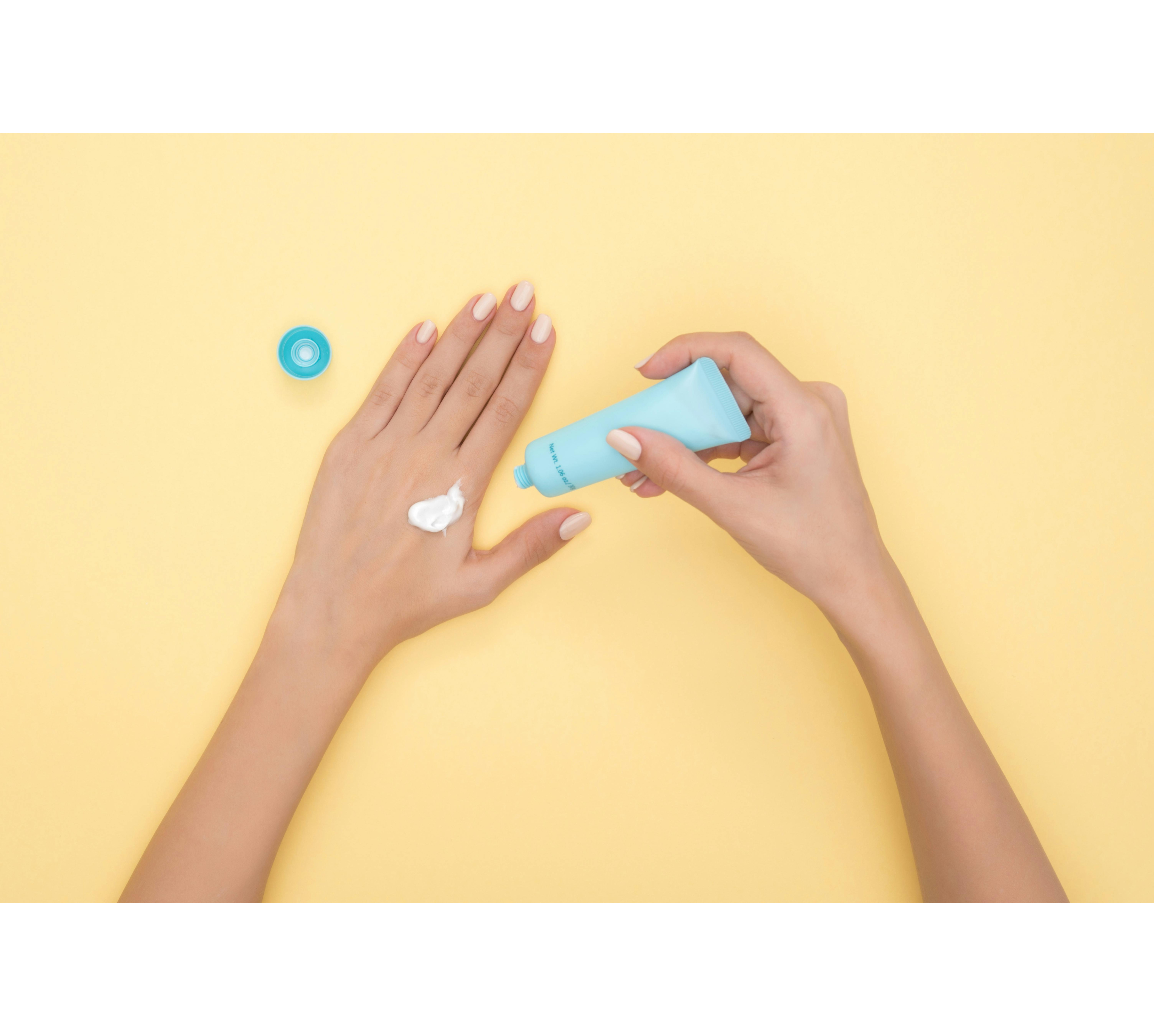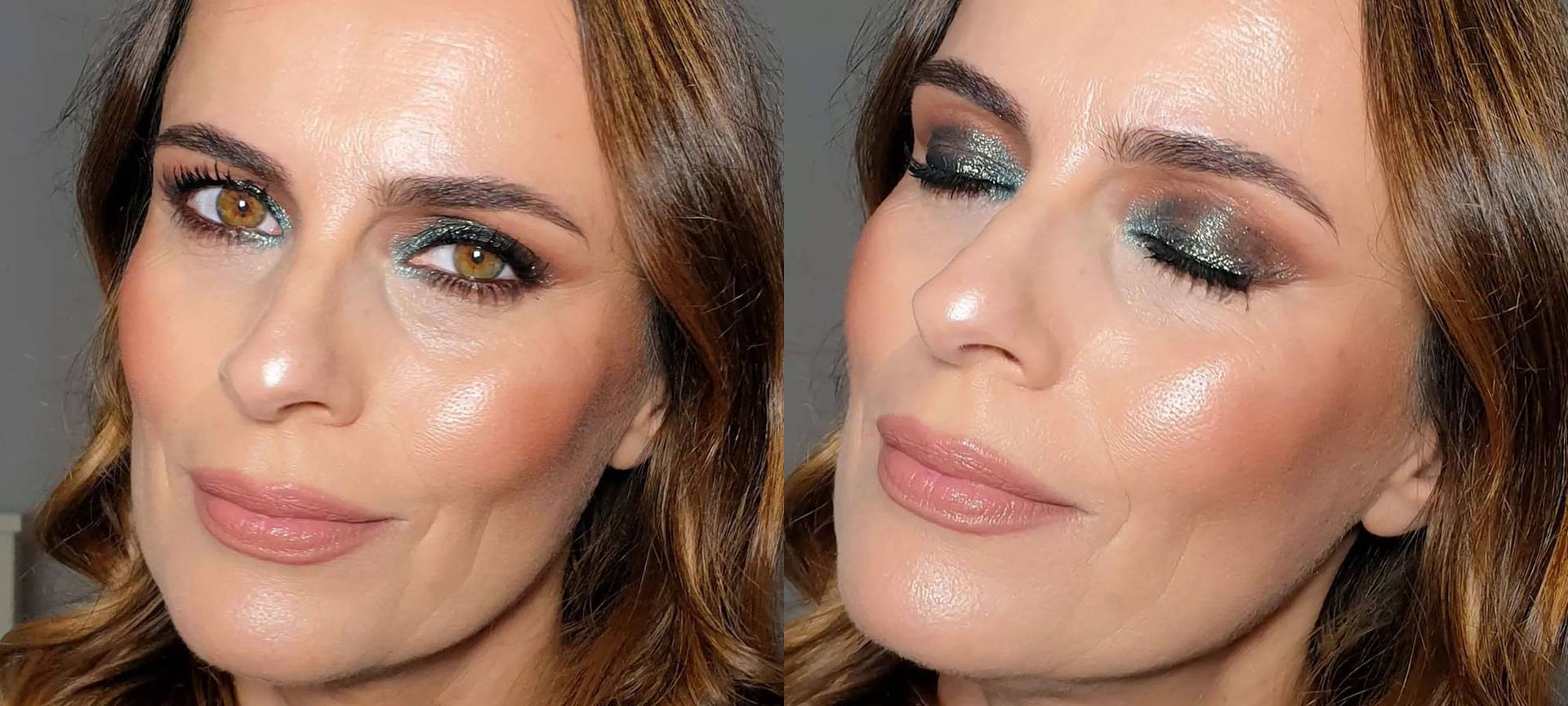The Summer Skincare SPF Guide

As Summer approaches, excitement starts to fill the air with visions of longer days, short-sleevedtops and leisurely days at the beach. Unfortunately, that’s not all that comes with the warmest time of year. The warmer weather beckons us to shed heavy clothing and show more skin, while invisible UV rays aremasked in warmth of the sun. This is why SPF is a crucial step in our summer skincare regimen.
Many of us may think of SPF as something we wear to the beach or if we’re going to be in the sun for long periods of time. As important as SPF is in those circumstances, it is just as important for daily use. Even just going to and from our car can subject the skin on our face, neck and arms to a world of damage. So, what are the most important things to remember when choosing a Summer SPF? Let’s cover our bases:
Physical vs. Chemical Sunscreen
Chemical sun protection is quite popular in the US, which is no surprise considering how easily accessible it is. Grocery store and drug store aisles are dominated by chemical SPF products, which would lead one to believe that they are the best option. Don’t let that fool you. Physical SPF skincare products are much better for your skin, your body and for the environment. Here’s why:
- The mechanism of chemical SPF is to absorb the UV rays into your skin and then, through a chemical reaction, turn them into heat to disperse them. This mechanism heats up the dermis, which can cause irritation, redness and discomfort. Physical SPF bounces the light off your skin like a mirror, which is much more effective. UV rays never absorb into the skin.
- Some Chemical SPF ingredients can be very irritating to the skin while Physical SPF is typically soothing and calming.
- Chemical SPF works great the first time you apply it, but must be washed off before reapplying if you want to get the same SPF. This is because the chemical compound in the SPF must be able to get down into the skin to work. The residue of the expired SPF gets in the way of new SPF, preventing it from working as effectively. Physical SPF can be layered without washing it off.
UVA / UVB Protection in SPF Skincare Products
You always want to use broad spectrum SPF because UV rays are different and both UVA and UVB rays have their own threats. UVB rays are the most common rays that SPF products are created to protect against. They are most prominent in the hottest months of the year and the brightest hours of the day. They are responsible for burning the skin. But UVA rays are much more insidious. They are present year-round any time there is daylight. They can penetrate glass and clouds and are known to degrade our skin’collagen and elastin. Likewise, they are also responsible for several different kinds of skin cancer. We always want to make sure our SPF protects against both.




